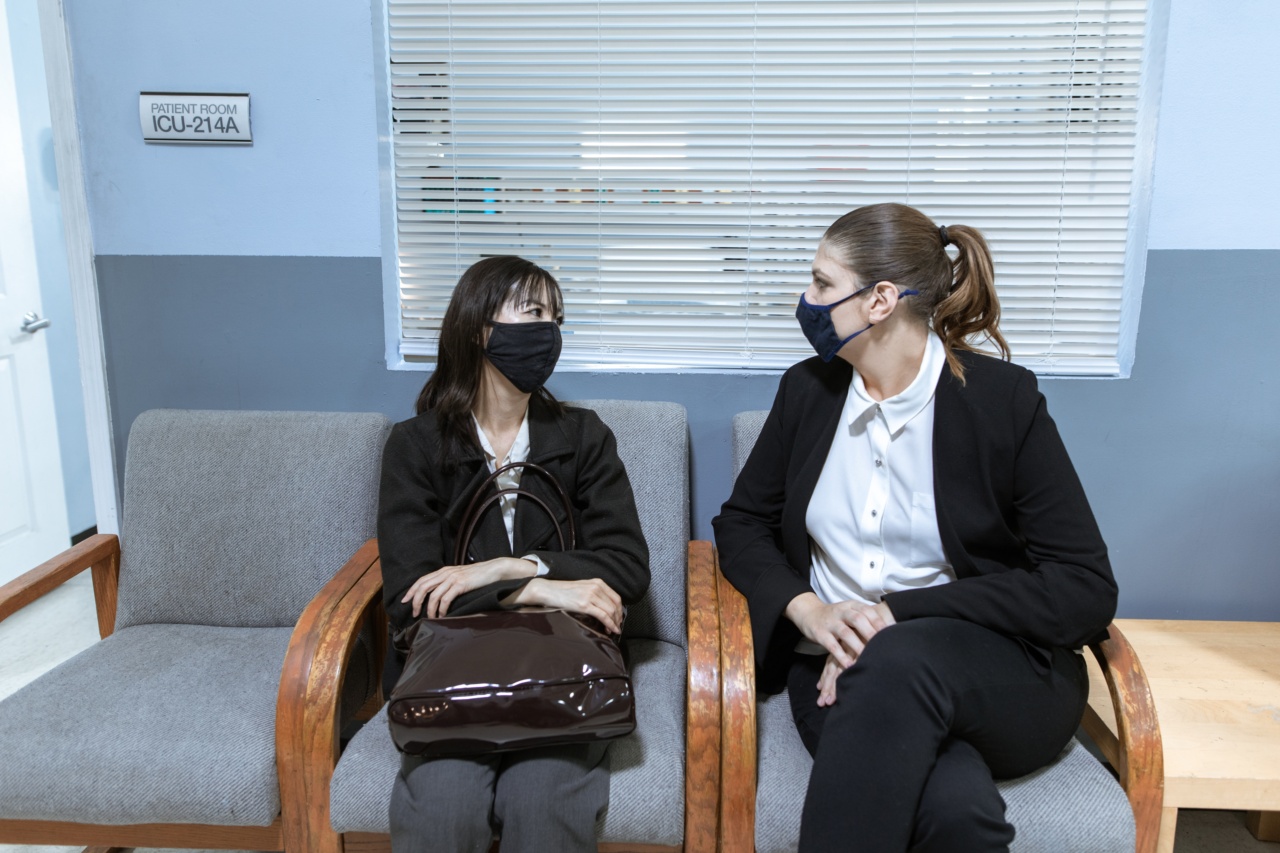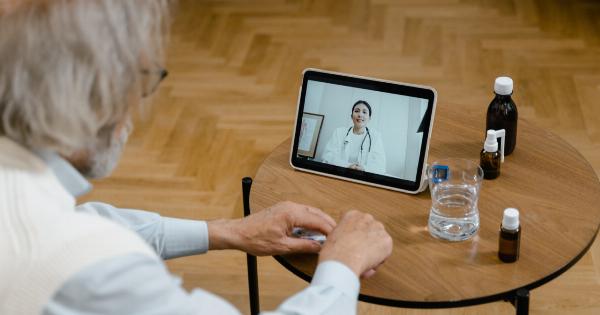The COVID-19 pandemic has largely affected the healthcare system worldwide. Hospitals and clinics are overloaded, and healthcare workers are under immense pressure. People with pre-existing medical conditions have become even more vulnerable.
Recently, a tragic incident occurred that endangered the lives of 35 patients.
The Incident
In a hospital in a small town, 35 patients in the Intensive Care Unit (ICU) were either on ventilators or supplemental oxygen to survive.
The hospital had a limited capacity to treat more patients due to the pandemic, and the medical staff was already overwhelmed.
On a fateful day, a power outage occurred for several hours in the area due to bad weather. The hospital had a backup generator, but it failed to function. During this disruption of power supply, the oxygen supply failed for all 35 patients.
The hospital staff tried their level best to stabilize the patients but struggled to manage due to the limited resources they had at their disposal.
The Aftermath
The hospital management informed the patients’ families about the tragic incident and advised them to shift their loved ones to a bigger hospital as soon as possible.
However, given the pandemic, the number of available beds in ICU wards was almost negligible, and a few patients eventually lost their lives.
Some of the patients were successfully transferred to a bigger hospital, where they were stabilized again, but many others suffered irreparable damage to their organs. The aftermath of the incident left the patients and their families devastated.
The Investigation
After the incident, the hospital management conducted a thorough investigation, and it was found that the oxygen supply system was outdated, with no backup supply.
There was also no protocol in place during power outages, leading to the generator’s failure and the oxygen supply’s failure. The hospital had been warned earlier to upgrade its system, but the cost was too high, and the hospital was already under financial stress due to the pandemic.
The investigation also revealed that the hospital staff was not trained to handle such situations during the pandemic, which further worsened the situation.
The Lessons Learned
The incident is a lesson for all hospitals and healthcare organizations worldwide. It highlights the need for a robust infrastructure that can handle such disruptions.
Healthcare organizations should always ensure that their systems are up-to-date and can handle emergencies effectively.
During the pandemic, healthcare workers must be given proper training to handle such situations. The healthcare organization should have an emergency protocol in place for power outages or any such disasters that could endanger patients’ lives.
Hospitals should also have a backup supply of lifesaving equipment or medicine to minimize the impact of such emergencies.
The Solution
In the short term, hospitals should conduct an audit of their infrastructure and upgrade their systems to handle emergencies. Healthcare organizations should also invest in training their workforce to handle unprecedented situations.
Governments should provide financial support to hospitals that are under financial stress due to the pandemic.
In the long term, healthcare organizations should transition to a more sustainable and environment-friendly energy source that ensures a continuous power supply.
Adopting renewable energy sources such as solar or wind energy will help hospitals become self-sufficient and provide uninterrupted medical services.
The Conclusion
The pandemic has exposed the vulnerabilities of the healthcare system worldwide. Incidents like this highlight the urgent need for hospitals to upgrade their infrastructure and train their workforce to handle emergencies effectively.
Investment in renewable energy sources and financial support from the government will help hospitals become self-sufficient and provide uninterrupted healthcare services to their patients.






























